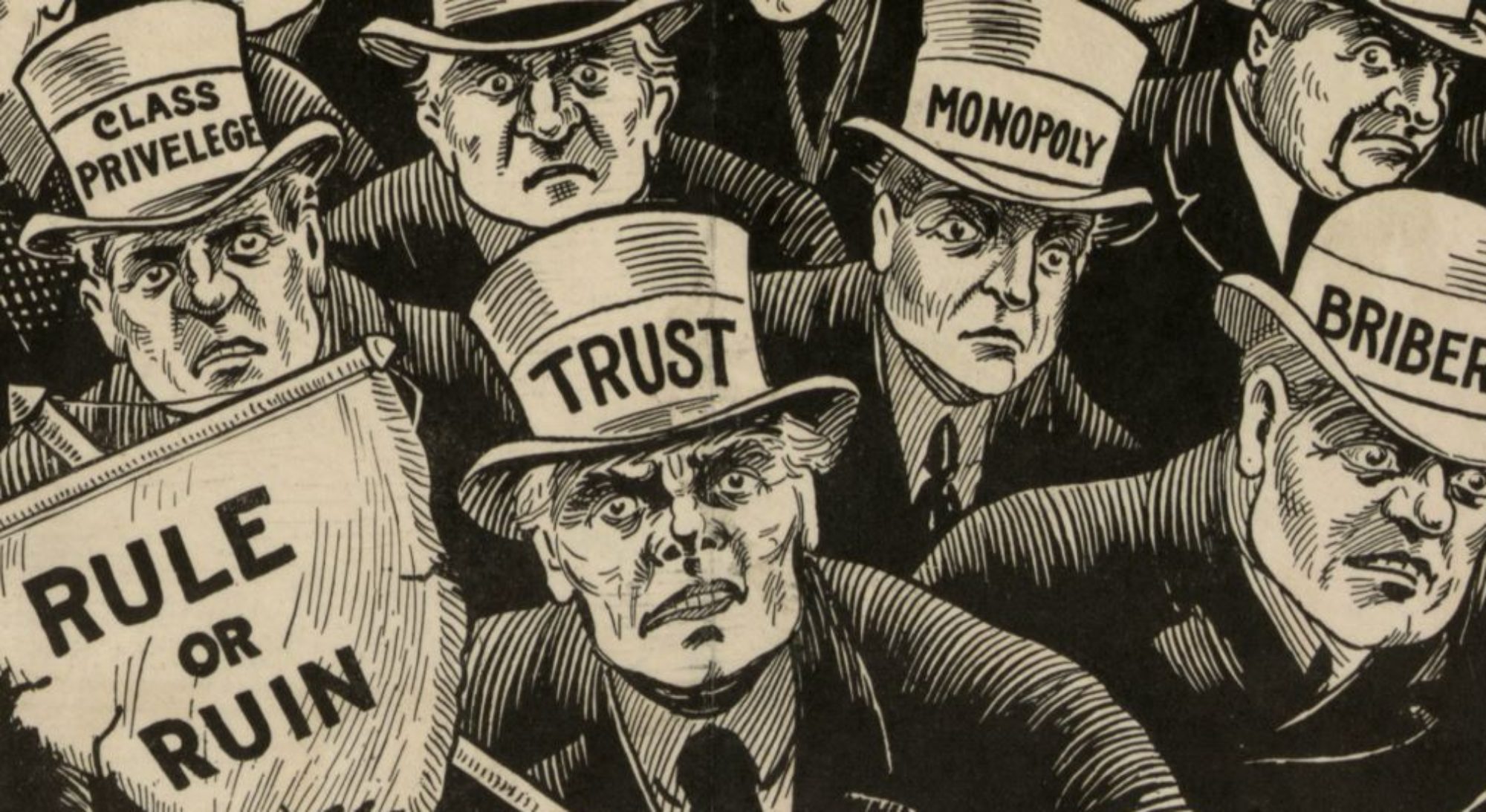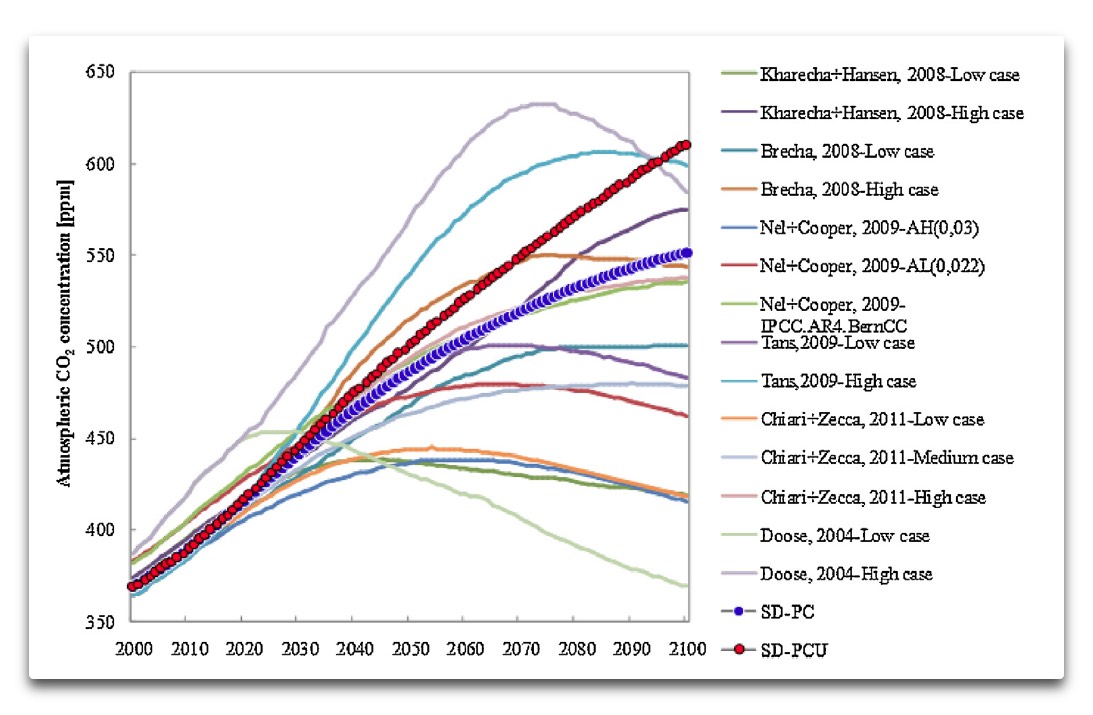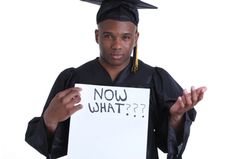“I assume you put the wisest, most noble, most compassionate people into power so they will use their wisdom to keep the rest of you in line?”
You Selected Your New President?
Commemorate the 15th anniversary of 9/11 by understanding what followed
Public Education Is Superior and Must Be Protected from Competition
Defenders of public education often point to data showing public schools to be as good as or better than private alternatives. A recent book celebrating such data is The Public School Advantage: Why Public Schools Outperform Private Schools.
Public schools, according to the authors, tend to outperform private rivals on a variety of metrics. Such groups as the National Education Association teachers’ union have used this research to make a case against “privatization.” (The book’s research has been criticized in some quarters for using flawed research methods, and other data show that private schools tend to outperform public ones.)
If competition from private education would doom public schools, then how confident can the public system’s proponents really be about the schools they’re defending?
But when school choice proposals make legislative headway and threaten public school systems, this confidence seems to evaporate. People start fulminating about how school choice programs would effectively crush the public education system.
If competition from private education would doom public schools, then how confident can the public system’s proponents really be about the schools they’re defending? And if public education really is superior to private alternatives, why worry that people would prefer private schools if given a choice?
Spotting the Monopoly
Imagine that I am a spokesperson for the dominant car dealership in your area, and you’ve been hearing good things about a rival dealership. Not to worry, I convince you: our cars outperform theirs on a variety of metrics.
Now, imagine that that rival car company is about ready to open up a dealership down the street, and you hear me petition to the legislature not to allow it: “Permitting this other dealership to move in will surely spell the death of our company. Once people are allowed another option, it is only a matter of time before our profits dwindle to the point where we can’t sustain our business.”
“Wait,” you say, “I thought you just told me how confident you were in the superiority of your cars. Surely, if you are that confident, you wouldn’t be so worried about competition!”
You’d be right. And this situation is basically the one we are in regarding American public schools. Proponents point to data showing that, on several metrics, public schools fare no worse and sometimes better than private schools. Yet, when local governments entertain school choice programs, the public system’s defenders suggest that competition will spell the death of public schooling.
Either you’re confident that your product is the best choice or you’re not.
The Sky Is Falling!
Indiana, for instance, is entertaining two bills (House Bill 1311 and Senate Bill 397) that would allow students in the state to use money that would have been spent on their public education to receive private educational services. The Indiana State Teacher’s Association website declares that this change would “be a major blow to public schools.”
We see a similar lack of confidence in reactions to Arizona’s recent attempt to open up a very targeted voucher program to all students by 2018. “This is the end of public education in Arizona,” laments state senator Steve Farley.
Perhaps the fear mongering is just about rallying the troops. Maybe public school defenders know their product is superior but want to motivate their base with “the sky is falling” rhetoric.
But notice that such declarations about the “end of public school” share school choice advocates’ basic assumption: given the option, consumers will leave the public schools to the point where public schools need to be concerned for their financial viability.
Superior or Not — Which Is It?
Let’s go back to the example of the fictional car dealership. When shopping for a car, you certainly care what the research says on the cars you’re looking at. But would you be content if the car dealer told you, “You don’t need to look into that other car manufacturer. I assure you, lots of studies show that our cars are better than theirs on a variety of metrics”?
If public education really is superior to private alternatives, why worry that people would prefer private schools if given a choice?
My guess is that you’d keep the claim in mind but look at the other dealer’s cars anyway. Yes, you want the best car, but you also want the flexibility to decide which car is best for you.
When you then hear the car manufacturer’s lobbyists worrying to the legislature that allowing competitors into your area would surely spell the death of their employer’s company, it seems like cause for concern. The most plausible explanation — which the car manufacturer would never admit — is that they really are worried that consumers would prefer the competitors if given a choice.
When a car dealership, a school system or anyone else believes that competition will destroy their business, you can assume they aren’t confident about what they’re selling and wonder if their product or service is inferior.
Public school proponents can’t have it both ways. Under school choice programs like the ones Indiana and Arizona are considering, public schools will compete for funding with private educational services. Students who choose public schools will send their “tuition” money to their chosen public school. Therefore, the only way these choice programs could kill public schooling is if families en masse choose, and continue to choose, to direct public dollars away from the government’s school system and into private schools.
And if that’s what parents prefer for their children, then why shouldn’t they have that choice?

Kevin Currie-Knight
Kevin Currie-Knight teaches in East Carolina University’s Department of Special Education, Foundations, and Research. His website is KevinCK.net. He is a member of the FEE Faculty Network.
This article was originally published on FEE.org. Read the original article.
Gun Shop Owner Stands to Challenge Obama on Second Amendment
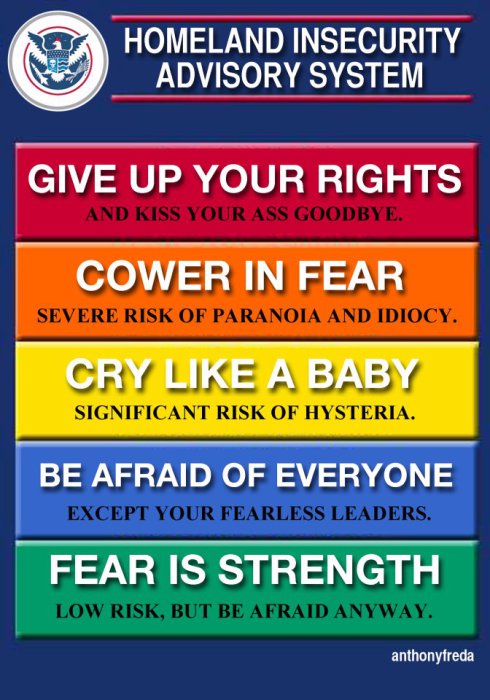 Creating conflict. It’s what politicians do. Pointing the finger at the supposed boogeyman and saying “HERE! THIS IS THE CAUSE OF ALL YOUR WOES!”, and crying out for more power under the rubric of “safety”.
Creating conflict. It’s what politicians do. Pointing the finger at the supposed boogeyman and saying “HERE! THIS IS THE CAUSE OF ALL YOUR WOES!”, and crying out for more power under the rubric of “safety”.
“I just came from a meeting today in the situation room in which I’ve got people who we know have been on ISIL websites living here in the United States…and we’re allowed to put them on the no-fly list when it comes to airlines, but because of the National Rifle Association, I cannot prohibit those people from buying a gun,” Obama said.
Do you see the problems with the above quotation? Let me spell it out for you:
1) They can add you to a no-fly list simply for visiting a website. This means that without being accused and convicted of a crime, you can lose your right to travel unmolested by government. That is exactly the opposite of rights expressly spelled out in the Constitution.
2) The NRA is painted as the bad guy simply for insisting (in a court of law) that the Federal Government be subject to the limitations placed upon it by the Constitution and specifically the 2nd Amendment. Somehow “they” are the evil ones.
Where does it end? Where does it ever end? 100 new laws? 1000? 10,000? When will the slew of laws, regulations, licenses, mandates, executive orders, fines, penalties, restrictions, public humiliations, etc., etc. ad nauseam, bring about the perfect society?
And when will the American People grow tired of electing demagogues who promise everything and deliver nothing of value?
American Pie
1 in 6 young American men jobless or in jail — the tragic consequences of min wage hikes and absurd war on drugs. misses.org
There is no energy shortage
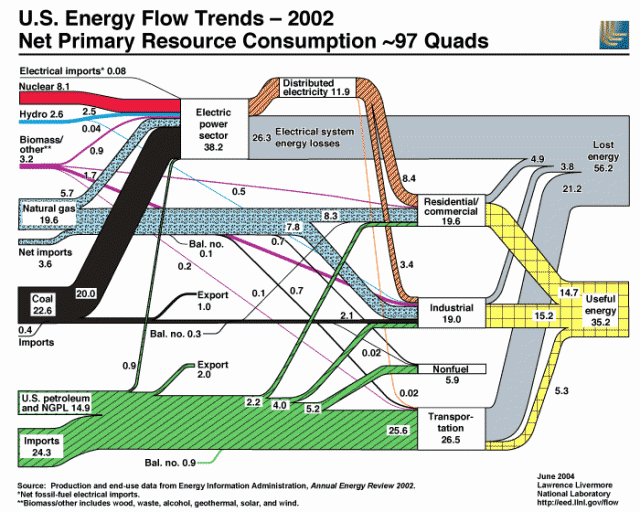 Full size image A couple of notes about this chart. First, notice how the U.S.A. lives on fossil fuels. Yes, there is about 12% or so of non-fossil at the top (but most of that is nuclear). A key “…
Full size image A couple of notes about this chart. First, notice how the U.S.A. lives on fossil fuels. Yes, there is about 12% or so of non-fossil at the top (but most of that is nuclear). A key “…
Source: There is no energy shortage
The Suicide of Venezuela
And you Americans say you want a glorious Democratic Socialist future, where entitlement ushers in a new equality and “social justice”. Here’s the story of what happens when it goes badly.
Stratfor: Debunking the Myth of Total Security
People were warning us not to go to Israel recently due to highly publicized stabbings by Palestinian protesters. We went anyway, and had an absolutely fabulous time. The only violence we witnessed was looking from the Golan Hights at the shelling happening across the border in Syria.
Why did ISIS attack Paris? Where did they learn to do so?
Good analysis!
